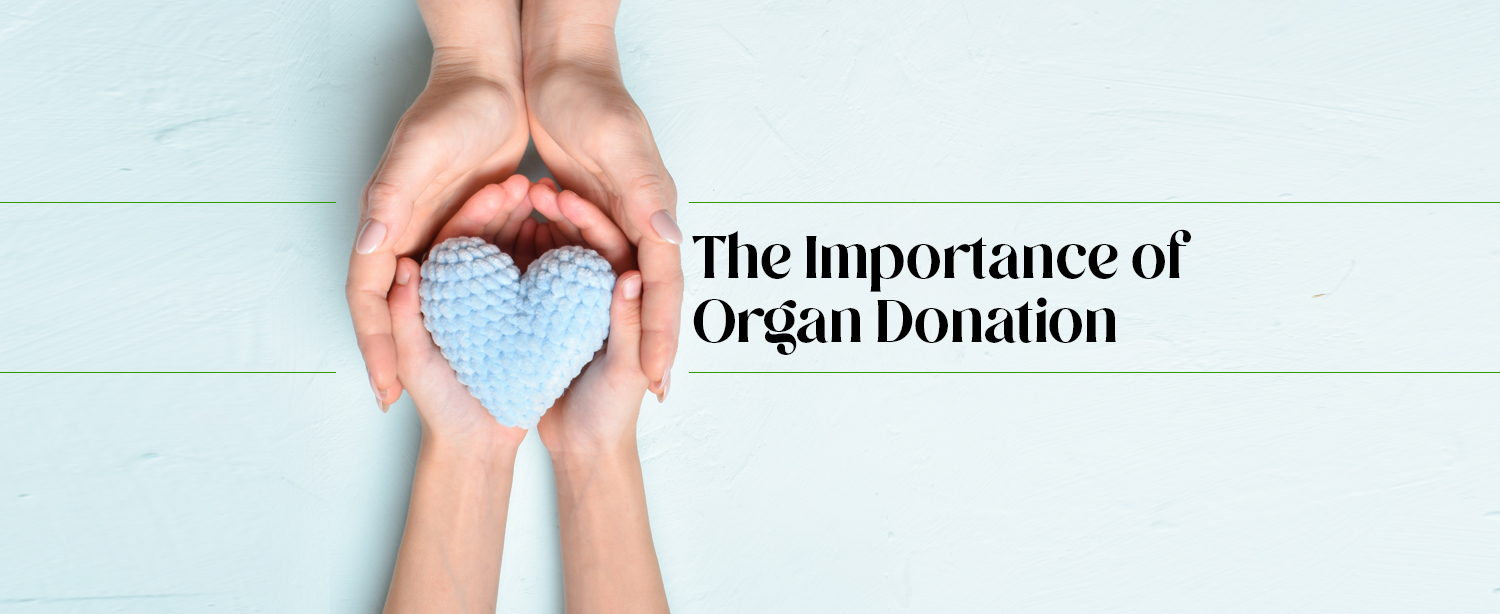India has one of the world’s lowest organ donation rates compared to the rest of the world. The urgent need for organ donation is highlighted by the fact that the demand for organ donation in India greatly outweighs the supply, and the ratio of deceased organ donors to the population is less than one donor per million. Around 5 lakh people die every year in India due to the unavailability of organs. Behind these numbers lie stories of hope, despair, and the incredible impact a single donor can have on multiple lives. Organ donation is not just a medical procedure; it is a gift that brings renewed hope and a second chance at life to those in need.
Organs and Tissue Donation
While organs are vital, tissue donation is equally significant. A single organ donor has the potential to donate life-saving organs such as the heart, lungs, liver, kidneys, pancreas, and intestines. Tissue donation helps restore lives in many ways and can impact the lives of up to 75 people. From bone, tendons, and cartilage to corneas, skin, and heart valves, these generous donations improve the quality of life for numerous individuals. Tissue donation provides an opportunity for healing, restores mobility, and enables recipients to regain their independence.
Common Myths about Organ Donation
Myth: Doctors won’t try as hard to save my life if I am an organ donor
Facts: It important to note that the decision to donate does not impact the level of medical care one receives. Organ donation is a separate process handled with utmost respect and professionalism by healthcare professionals.
Myth: Age matters when it comes to organ donation
Fact: There is no defined cut-off age for donating organs. The decision to use your for a transplant is based on strict medical criteria. Let the medical professionals decide whether your organs and tissues are fit for transplantation at the time of your death.
Myth: My medical illness will prevent me from becoming an organ donor.
Fact: There are very few medical conditions that automatically disqualify a person from donating organs. Let medical experts determine whether your organs are suitable for transplantation or not after your death.
Myth: My family will have to pay for the organ donation.
Fact: The organ donation cost is borne by the recipient’s healthcare system and not the donor’s family. Only the medical expenses incurred during all final attempts to save the donor’s life are passed along to the donor’s family; yet, these expenses are sometimes mistaken for expenditures associated with organ donation.
In India, a huge gap still exists between those requiring transplants and the actual number of organs available for transplant, resulting in the demise of many patients who require donated organs to stay alive. Organ donation is a powerful act of compassion and selflessness that holds the potential to save and transform lives. By dispelling misconceptions and spreading awareness, we can encourage more individuals to become organ donors, making a significant difference in countless lives. Kokilaben Dhirubhai Ambani Hospital is proud to support the Times Donation Drive and help make a difference. Registering to be an organ donor, discussing your decision with loved ones, and raising awareness within your community are steps we can all take to ensure that the gift of life continues to be shared, offering hope to those in need. Together, we can make a profound impact and give the ultimate gift – the gift of life. To sign up as an organ donor, give a missed call on 7862991122 or visit organdonationday.com


